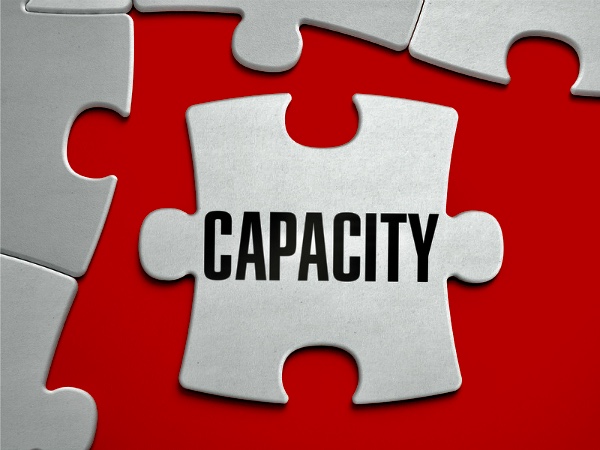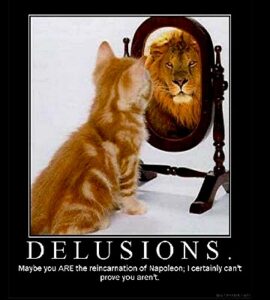
The test for testamentary mental capacity is a legal test and not a medical test.
It is very common in testamentary capacity cases to have a conflict not only between the evidence of the medical practitioners, but also between the evidence of the medical experts, lay witnesses, and the lawyer who prepared and witnessed the will.
The decision of Laszlo v. Lawton 2013 BC SC 305, contains and improves the following statements of law relating to testamentary capacity:
Testamentary capacity is not a medical concept or diagnosis, it is a legal construct. Accordingly, scientific or medical evidence, while important and relevant, is neither essential nor conclusive in determining its presence or absence.
Indeed the evidence of lay witnesses often figures prominently in the analysis. Where both categories of evidence are adduced, it is open to the court to accord greater weight to the lay evidence than to the medical evidence, or reject the medical evidence altogether . O’Neill, the. Brown Estate 1946 SCR 622.
Courts may therefore reach a conclusion regarding mental capacity the conflicts with the medical diagnosis or the outcome of a MMSE or other medical test.
A diagnosis of dementia, standing alone, does not automatically correspond to testamentary incapacity. Royal trust Corporation of Canada, V. Ritchie 2007 SKCA 64 at paragraph 113.
Similarly, a person who is judicially declared incapable of managing his or her affairs pursuant to adult guardianship legislation or suffers chronic psychotic illness such as schizophrenia may still have the capacity to make a valid will– Royal Trust company v. Rampone ( 1974) BCJ 612 BCSC.
The issue of whether a testator has the requisite capacity to make a will is a question of fact to be determined in all of the circumstances. Knox v. Trudeau 2001, 38 ETR (2d) 67.
The assessment is a highly individualized and fact specific inquiry. As most cases are unique on their facts, appellate courts will not overturn a finding as to capacity, unless the trial judge has made a palpable and overriding error. James v. Field 2001 BC CA 267 at paragraph 71.
The jurisprudence supports the view that the trial judge, engaged in determining whether a testator has testamentary capacity, is entitled to prefer the evidence of lay witnesses to the evidence of experts. James V. Field 2001, BCCA 267.




